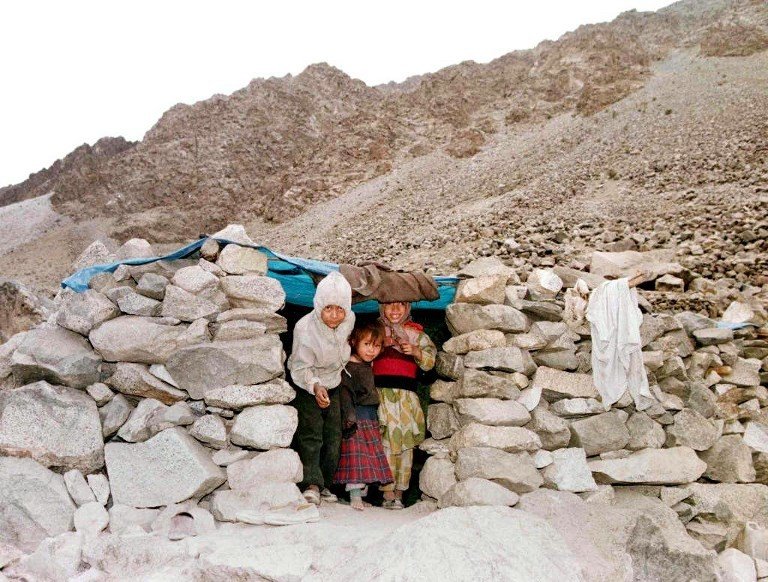Bloody Kashmir: Decades of deadly conflict between India and Pakistan
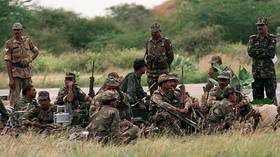
The Kashmir conflict is one of the oldest between India and Pakistan. The two nuclear nations fought three major wars and numerous smaller skirmishes since Britain withdrew from its former colony.
Tuesday’s flare-up over an Indian cross-border air raid targeting a militant group in Pakistani territory is the latest in a long list of conflicts which the two nations have fought since 1947.
READ MORE: India bombs Pakistan, saying it targeted terrorist camps in cross-border air raid
Kashmir, the Muslim-majority area in the north, is the focus of the hostility, rooted in the way the British empire partitioned its former colony.
1947: Britain leaves seeds of conflict
Britain was weakened by WWII and could no longer exist as a colonial superpower. India, formerly dubbed the jewel of the British crown, became independent in 1947 as did Pakistan. The nations were divided along religious lines.
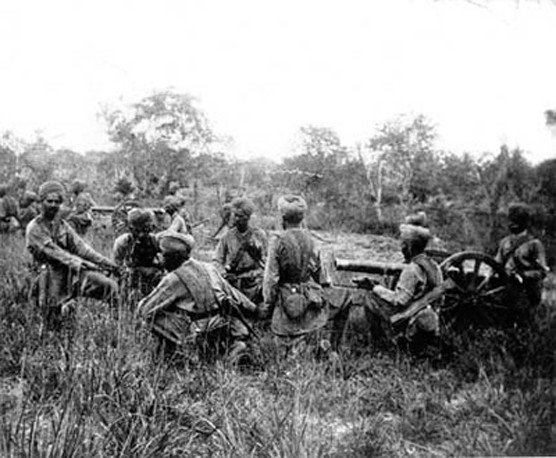
Kashmir, a Muslim-majority region, was given a choice to join either side, pitting its population against the Hindu elites. The tension escalated into a full-fledged war involving Pakistan and India, in which an estimated 7,000 people were killed on both sides.
1965: The stalemate
The first war resulted in a partitioning of Kashmir into Indian-controlled and Pakistani-controlled parts, but failed to resolve the situation. Two decades later the two countries were back on the battlefield, after a series of border skirmishes escalated into a full-fledged war that lasted 17 days, and which both countries claim to have won.
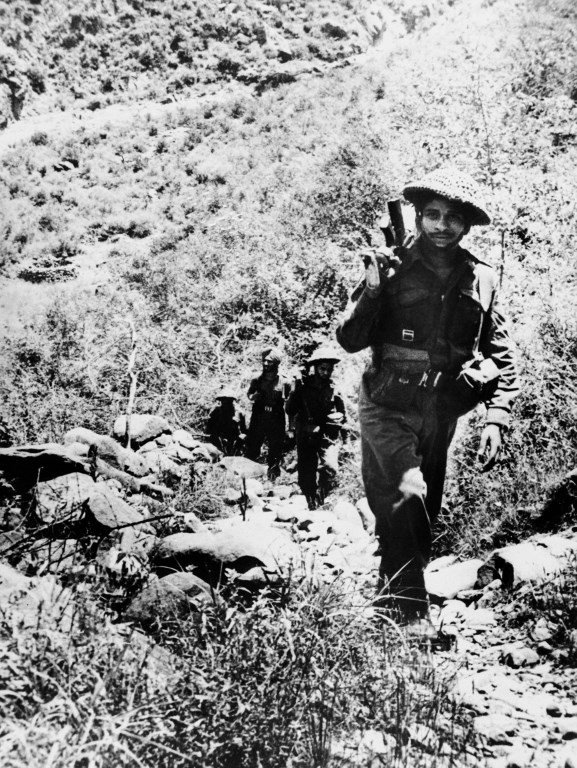
Interestingly, it was one of the few military clashes of the Cold War era that had little to do with the superpower standoff. India and Pakistan were both considered allies of the West and used Western weapons during the war.
1971: Pakistan’s great loss
After the inconclusive war of 1965, the two countries withdrew troops away from the UN-watched Line of Control and pledged not to interfere in each other’s affairs. The next clash came just six years later, after Pakistan accused India of violating that deal.
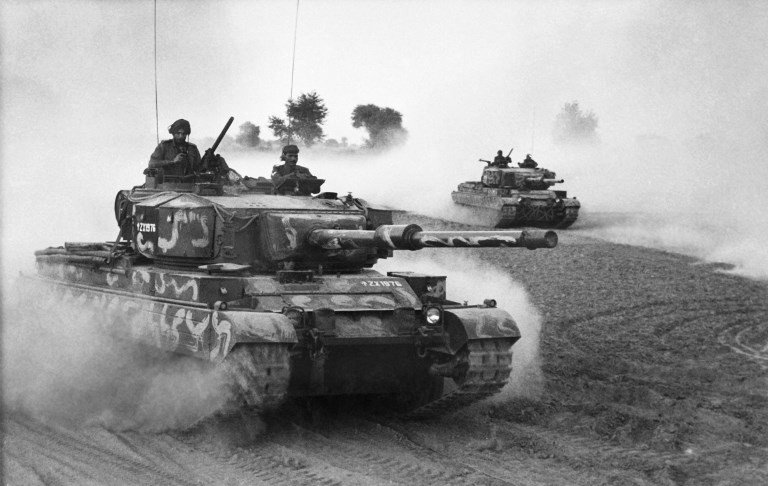
The bloodiest in the series of conflicts, which claimed over 10,000 lives and was not fought over Kashmir. It was triggered by India’s recognition of Bangladesh, a rebellious Pakistani province located all the way across the Hindustan, as an independent state. Islamabad thoroughly lost this one, suffering major losses on the land, the sea and in the air.
The outcome was also an embarrassing defeat for the Nixon administration, which supported Pakistan in the conflict with a strategic goal to limit Soviet influence in southeastern Asia.
Siachen Glacier: Death on a mountain range
Hostilities between India and Pakistan haven’t led to a large-scale war since 1971, arguably because both countries have since went nuclear. But border skirmishes have continued regularly. The fight for the Siachen Glacier, the contested mountainous area close to China, is remarkable for the deadliest party in the conflict – nature.
Clashes over this territory started in 1984 and continued for two decades, with a ceasefire signed in 2003. Between 1,000 and 2,000 troops were lost by both sides, most of them due to severe weather conditions at the elevation of up to 7,720 m and treacherous terrain.
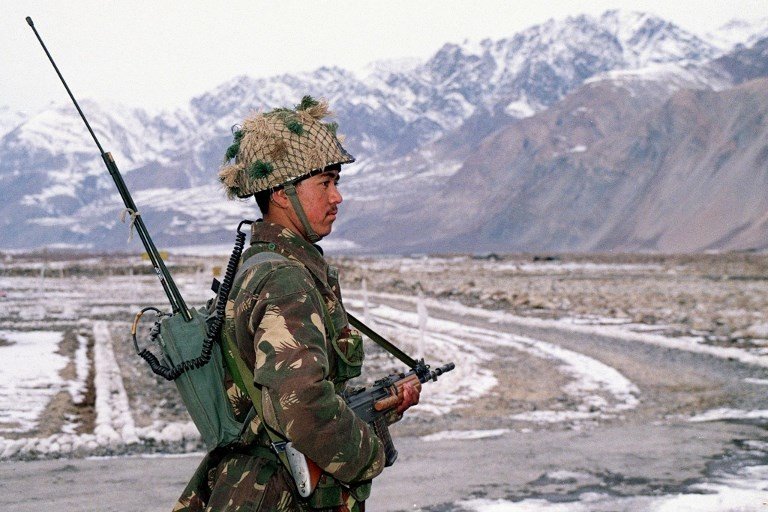
Kargil conflict 1999: War that ‘was not war’
The latest major flare-up between India and Pakistan came in 1999 in the Kargil district of Kashmir and claimed over 1,000 lives on both sides. Sometimes it is referred to as Kargil War, but Indian officials usually refrain from using the term while Pakistan says it was never part of that confrontation and that India’s enemy in it were pro-Pakistani militants.
